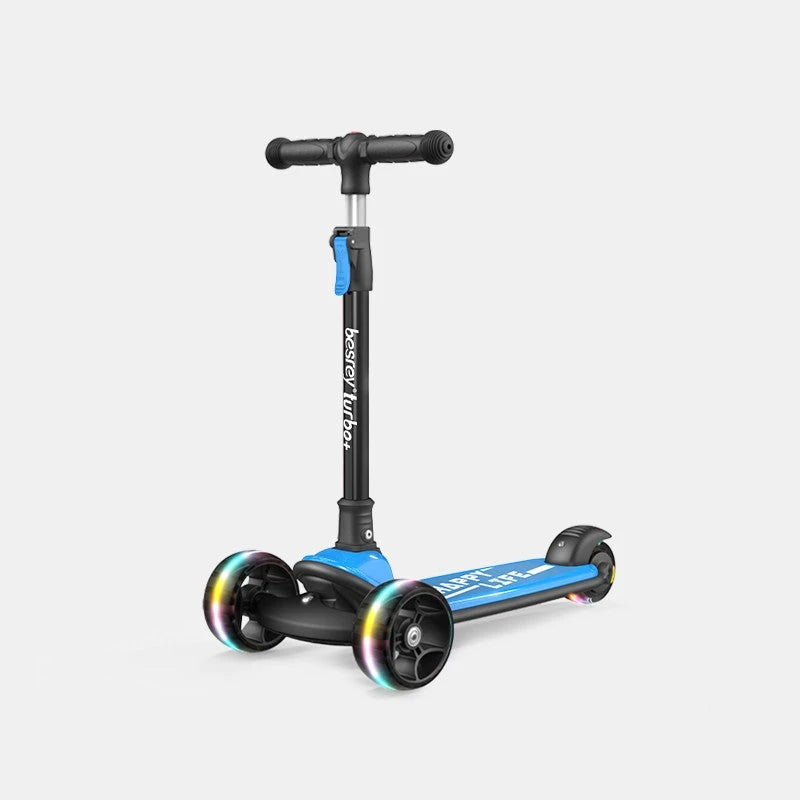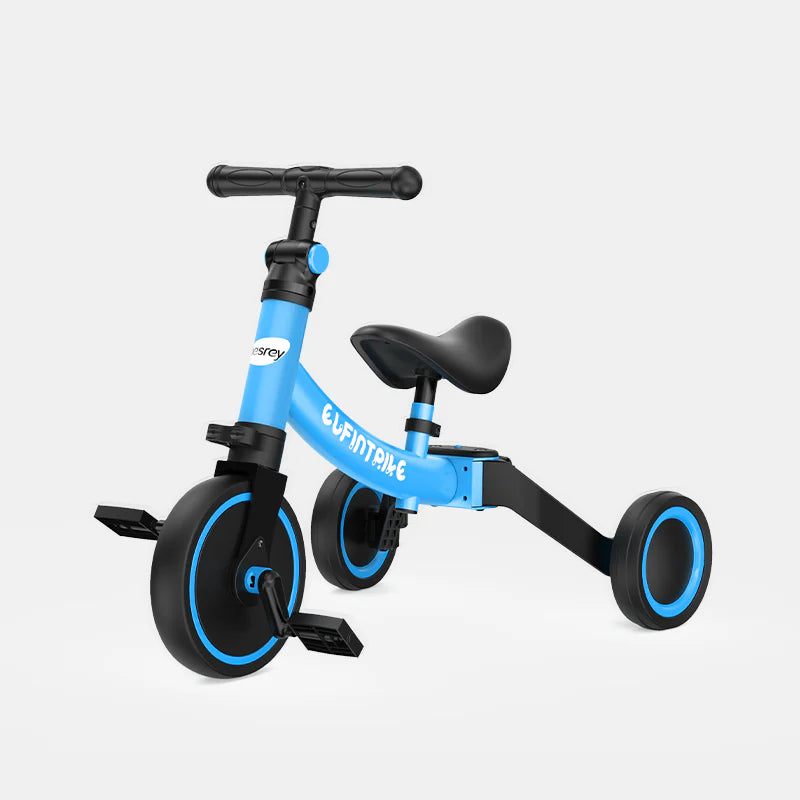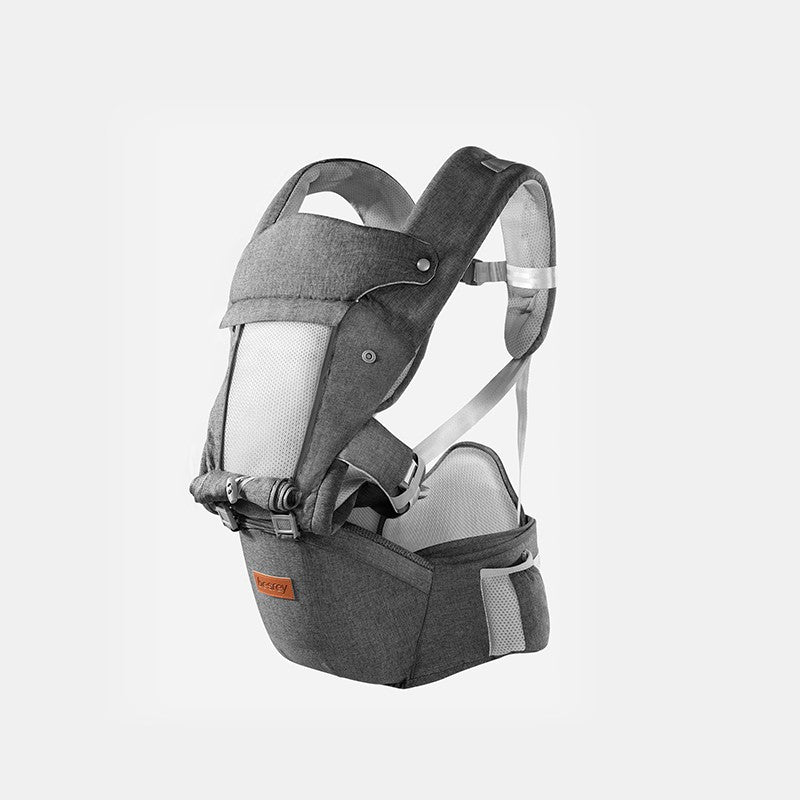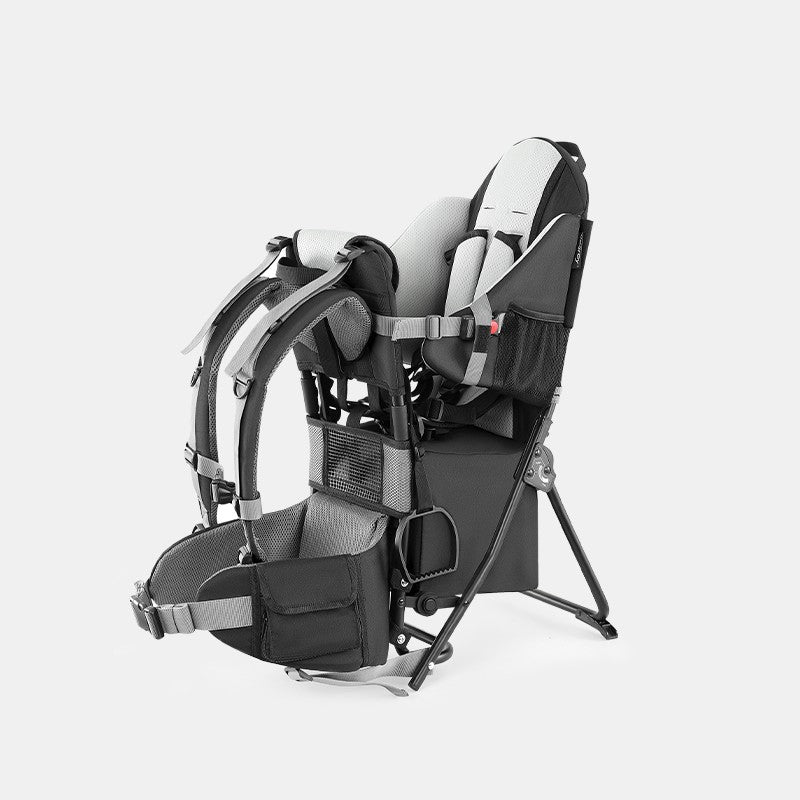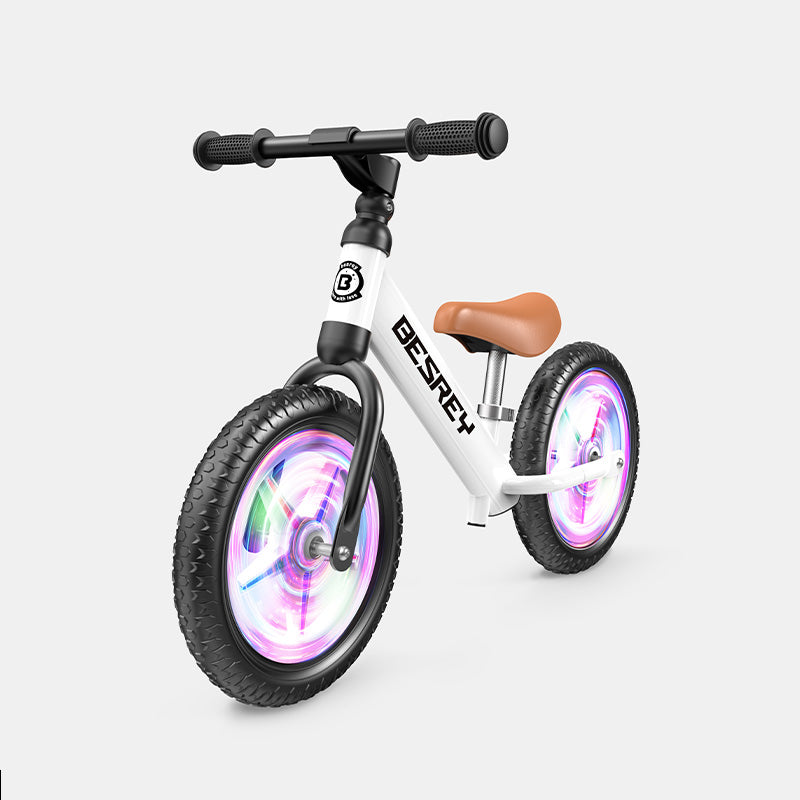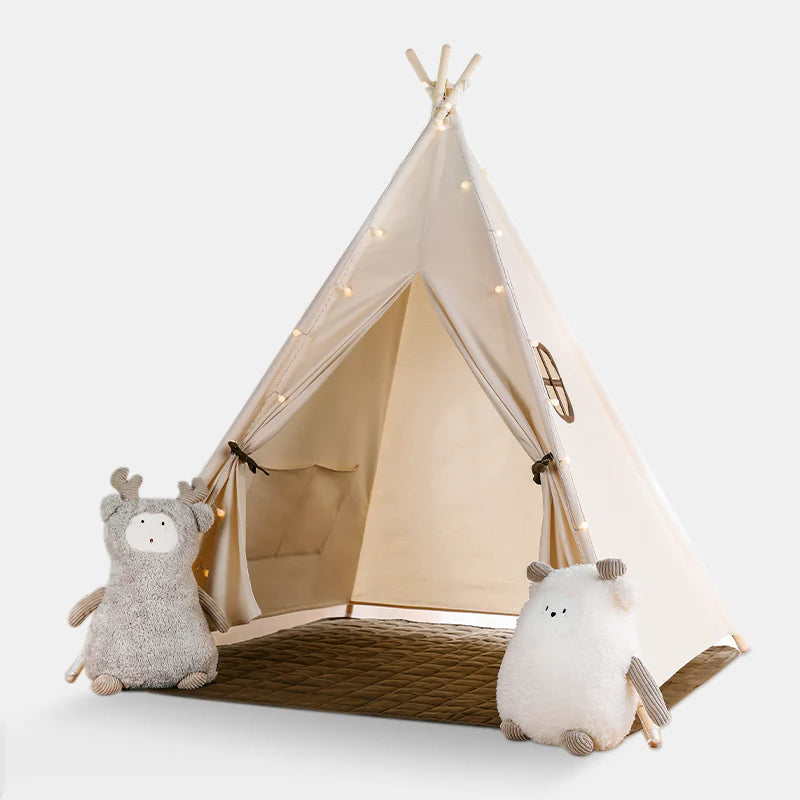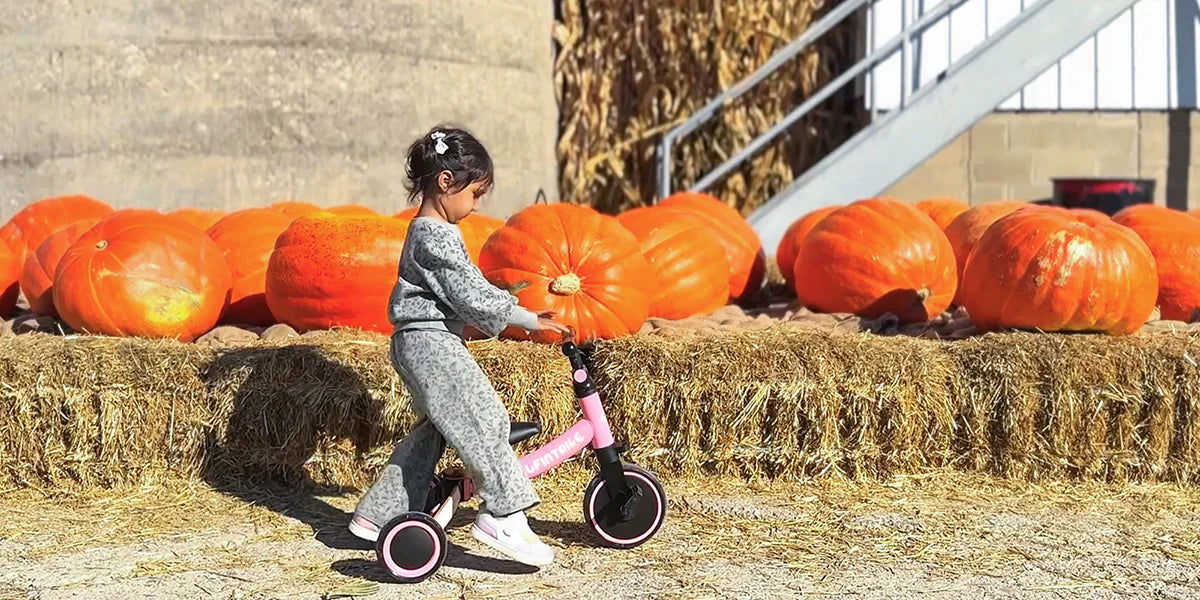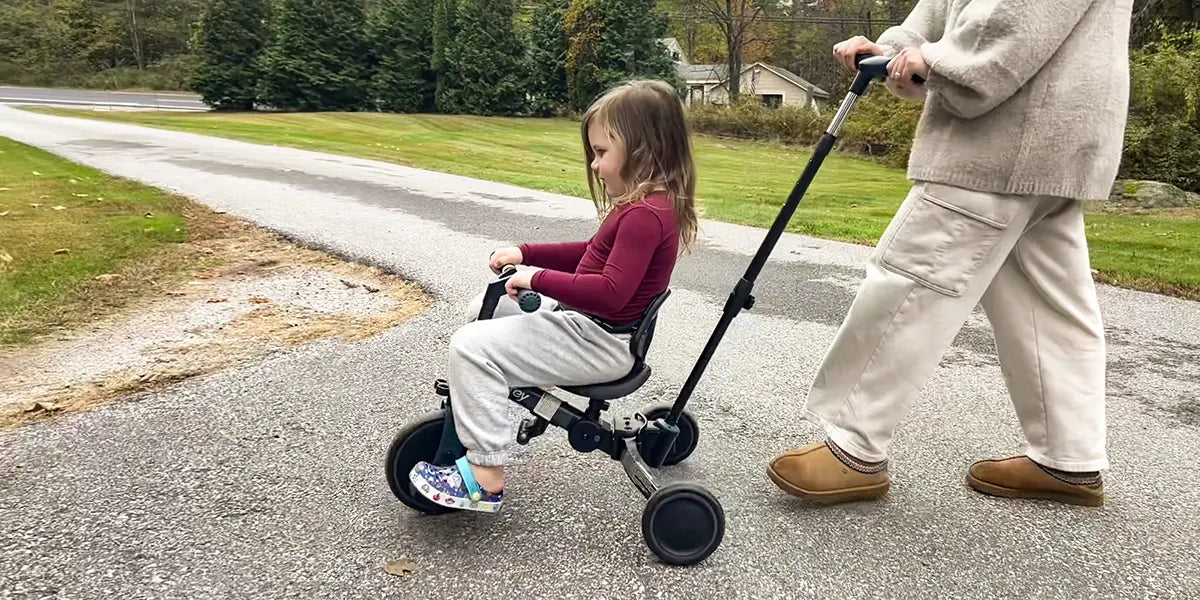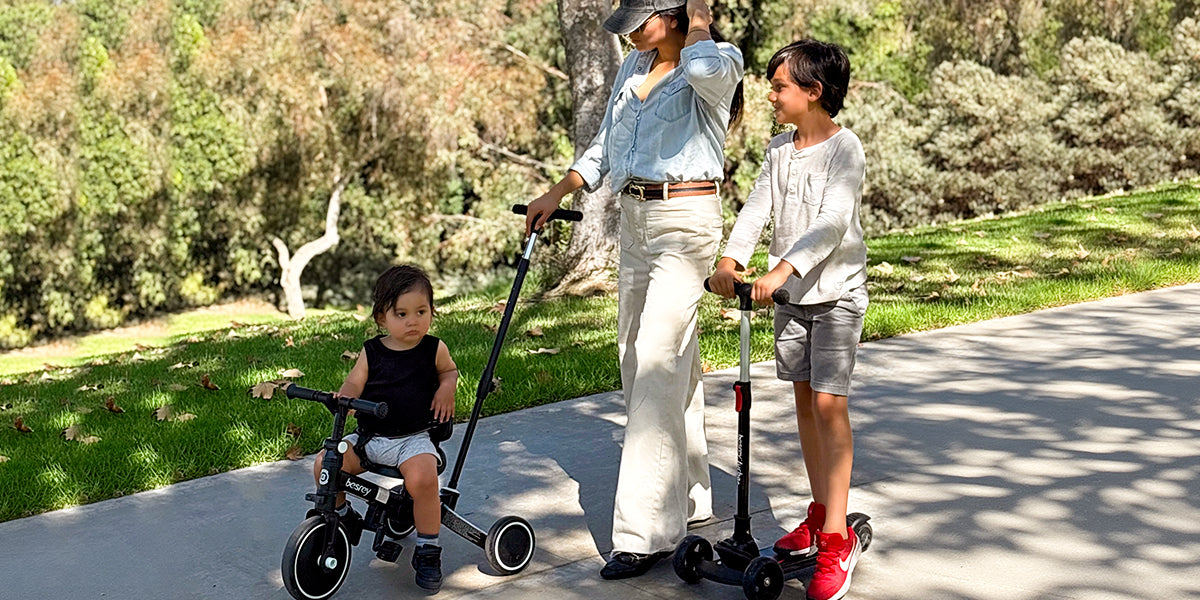Besrey - Oct 29 2025
Kids Friendship: How to Help Children Build Social Skills?

Many parents wonder how to help children make friends and develop the social skills they’ll need throughout life. Building friendships in childhood teaches kids empathy, cooperation, and emotional understanding all essential for their confidence and happiness.
Why friendship skills matter (and what “social skills” include)
One of the most important and fundamental feelings for a child’s development is friendship. Sharing, waiting for turns, solving problems, and communicating with empathy are lessons that not only help create lasting friendships but also strengthen self-esteem. Socializing includes much more than just “getting along.” It also involves recognizing emotions, being empathetic, understanding social rules, and learning to support others. As our children play and interact, they develop the foundation for healthy and safe relationships.
Age-by-Age Roadmap: What Parents Can Expect & Coach
From 2 to 4 years old: Little ones play side by side without much interaction. This is when we, as parents, can teach phrases like “Can I play with you?” or “I’ll lend you my toy.”
From 5 to 7 years old: Children at this age understand collaboration and what friendship really means. At this stage, it’s good to teach empathy and how to solve differences with words that’s essential.
From 8 to 10 years old: Kids friendship becomes stronger, deeper, and more important. Here, they learn about loyalty, trust, and how to handle more challenging emotions.
At-Home Coaching That Works
Model empathy. Talk to them about emotions, for example: “You look sad, do you want to tell me why?”
Plan cooperative activities. Skill games, cycling, or outdoor adventures that require teamwork.
Strengthen positive behavior. Praise your little one when they try or solve a problem with patience and calm.
For Shy, Anxious, or Struggling Kids
Not all children have the same personality, so they may need personalized strategies. For them:
•Teach them phrases or practice different social situations when at home.
•Use activities that build confidence, for example, rides with their Folding Toddler Kick Scooter, which also help release energy and encourage natural interaction with other children.
•Start with small get-togethers, preferably with just one friend.
The Friendship Toolkit: 5 Quick Activities
1. Compliment circle: each child says a quality or something positive about another.
2. Team building: use blocks or pieces they can build with together.
3. Emotion wheel: identify and express how they are feeling.
4. Scooter or trike race: share the track and learn about competition rules.
5. Mirror game: imitate gestures to teach empathy and attention.
Conclusion
Helping children learn to build healthy friendships not only improves their childhood but also strengthens the foundation for an emotionally strong and balanced life. Practicing, playing, and being empathetic are key pieces. With help, patience, and the right tools such as outdoor activities with a Folding Toddler Kick Scooter our little ones can develop the confidence and social skills that will stay with them throughout their long life journey.

